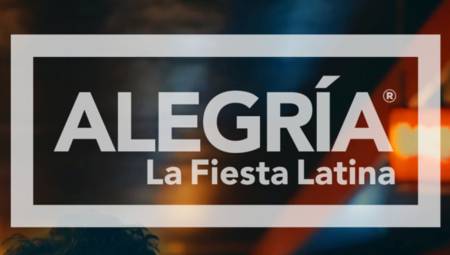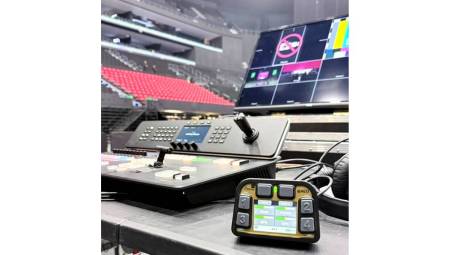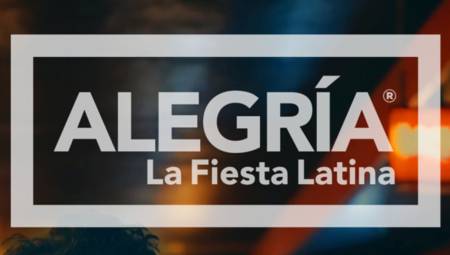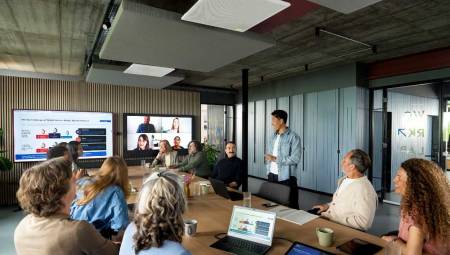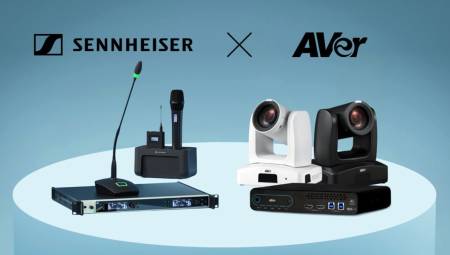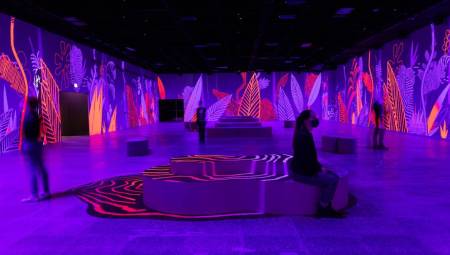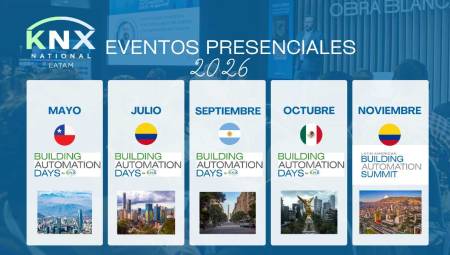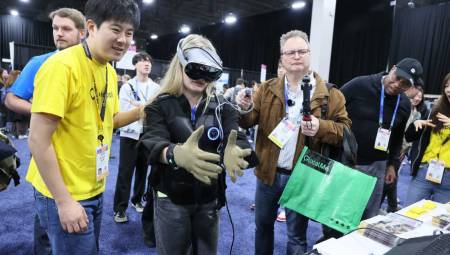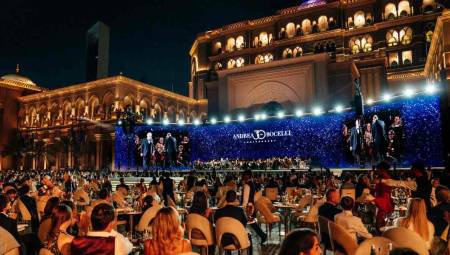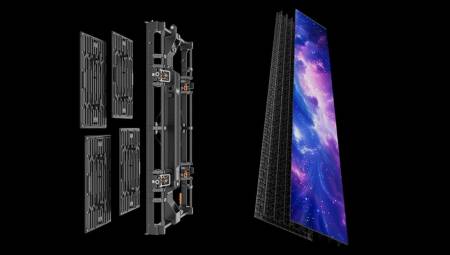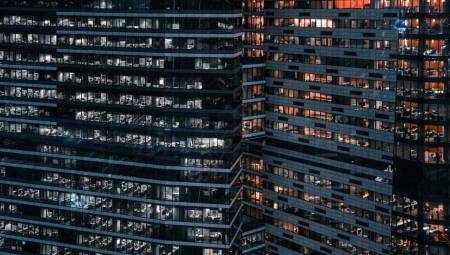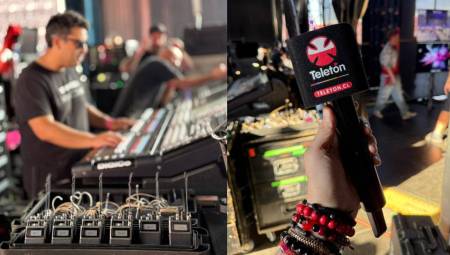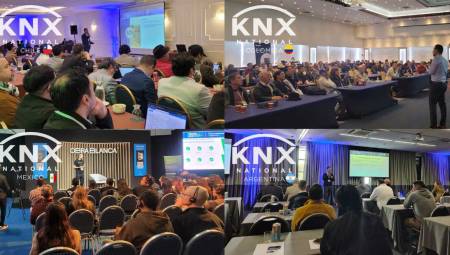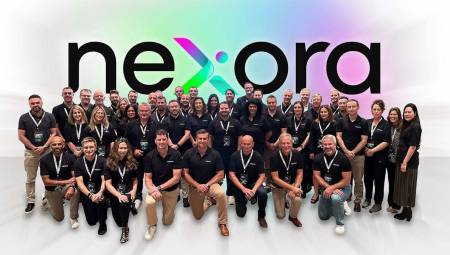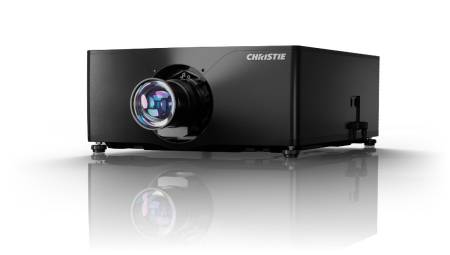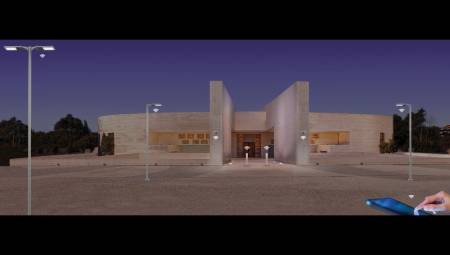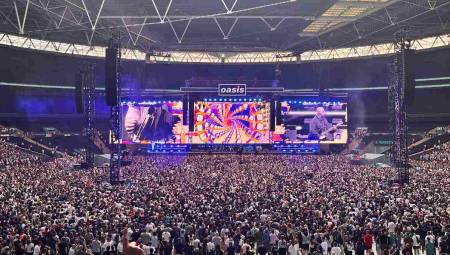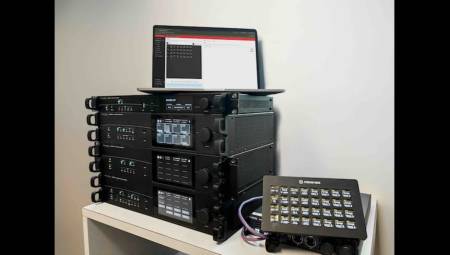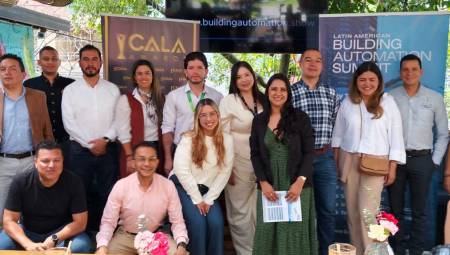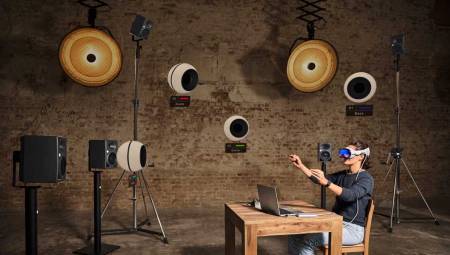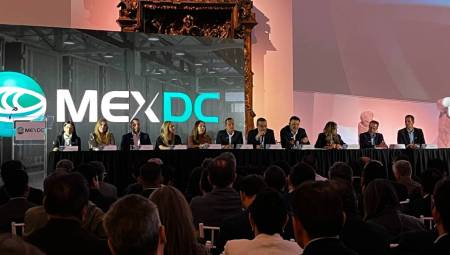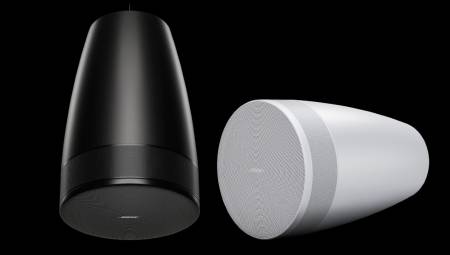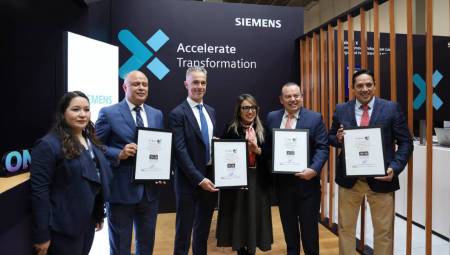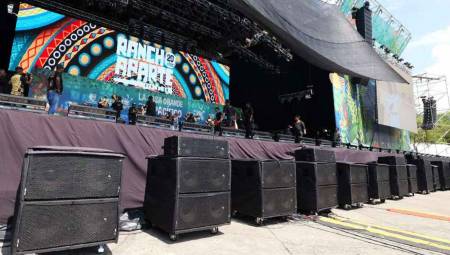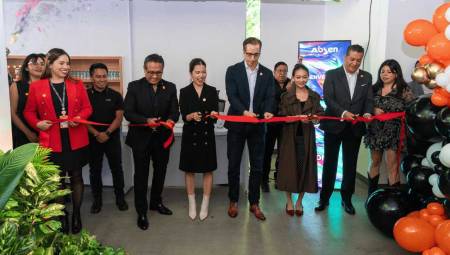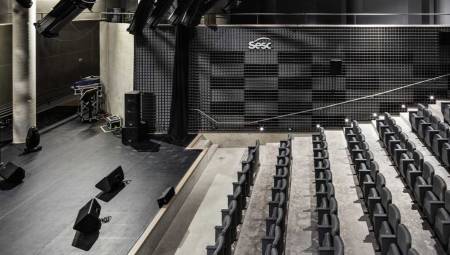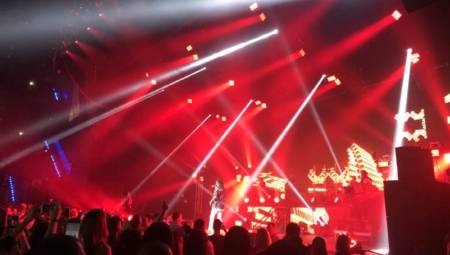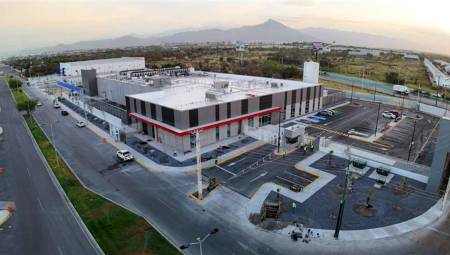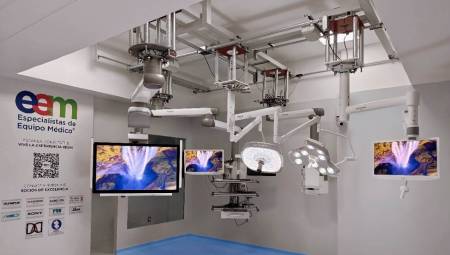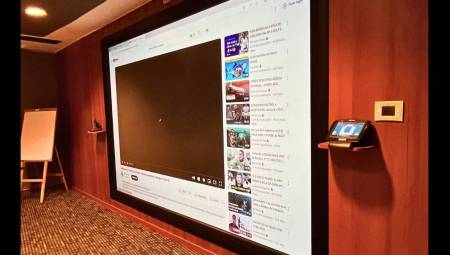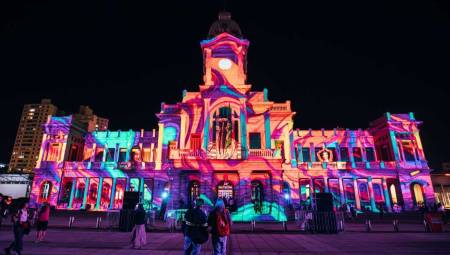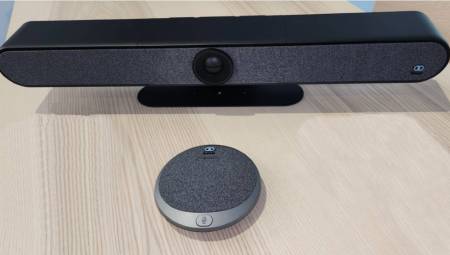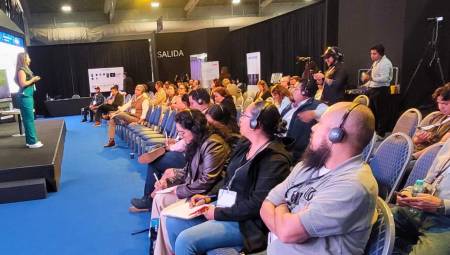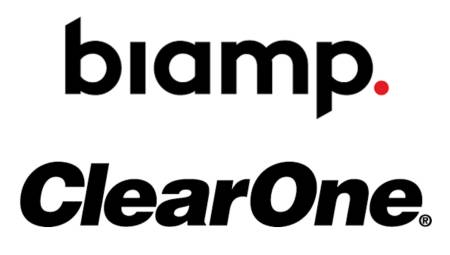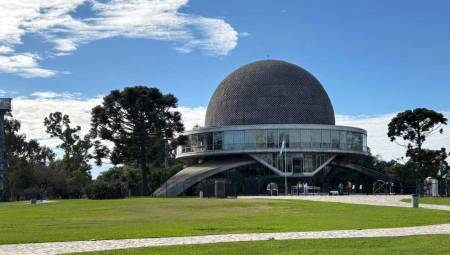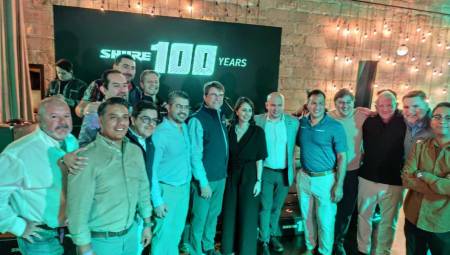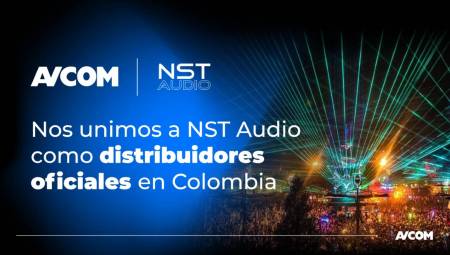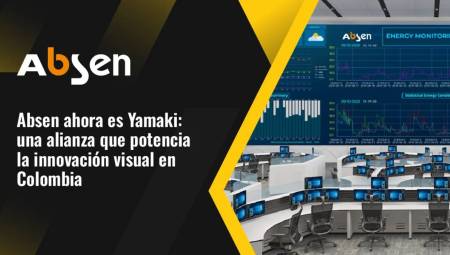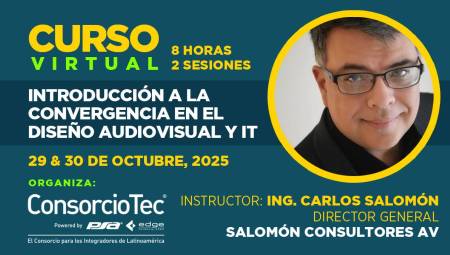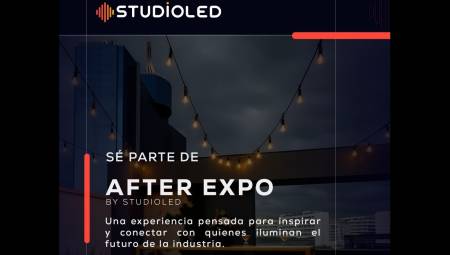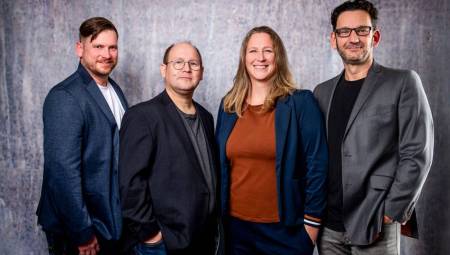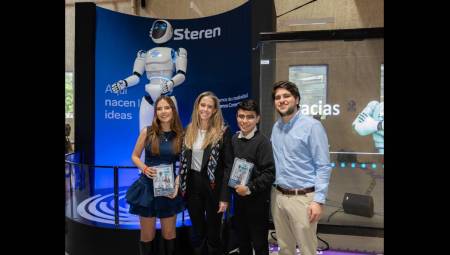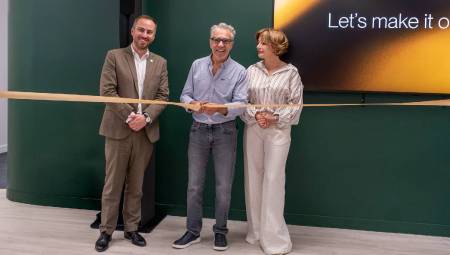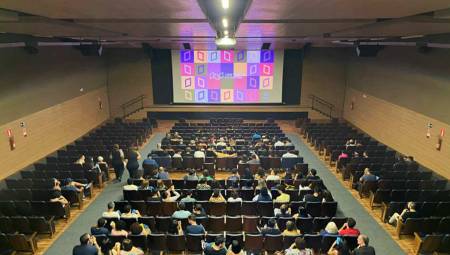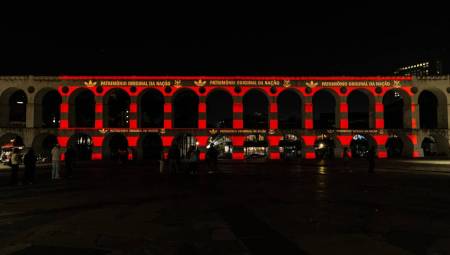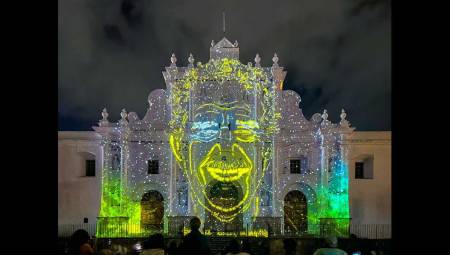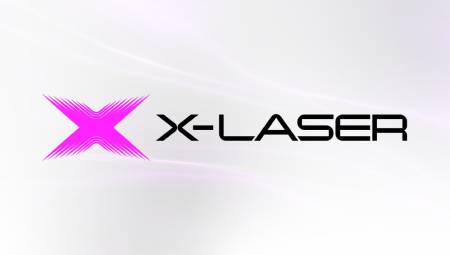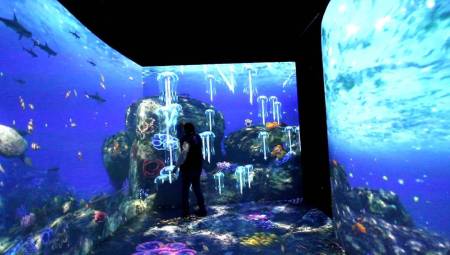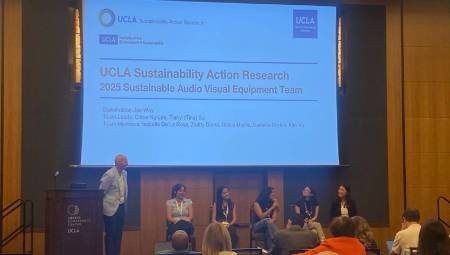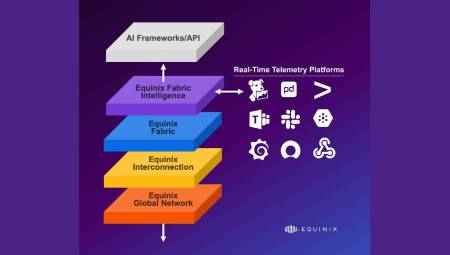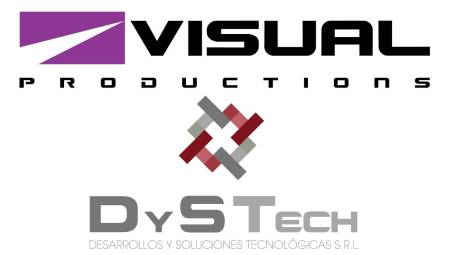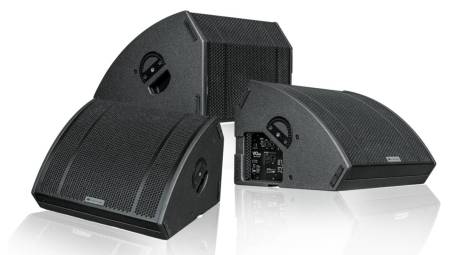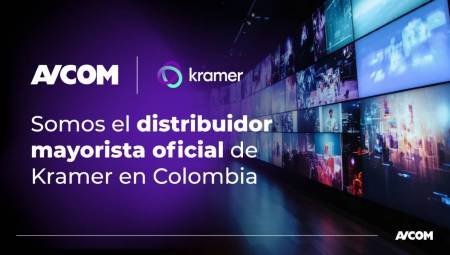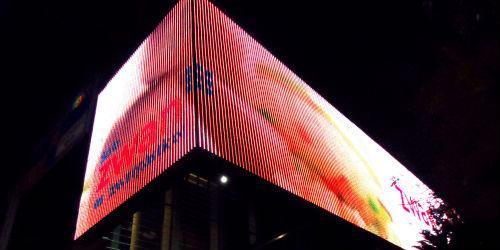 The growth that the digital signage sector has presented in public spaces has generated a challenge for governments that must regulate the issue without affecting the development of a growing industry.
The growth that the digital signage sector has presented in public spaces has generated a challenge for governments that must regulate the issue without affecting the development of a growing industry.
Richard Santa
During the months of November and December 2015, the public space authorities of the city of Medellín, Colombia, removed 22 screens that the Publik company had installed in high-traffic areas of the city for almost 40 years.
This measure was taken in compliance with the order of a judge who ruled in favor of a lawsuit filed by a fixed signage company in the same city, through which he claimed the protection of the right to public space, the environment and administrative morality. The judge agreed with him because the city does not have a regulation for the installation of LED screens and digital signage in public space.
This situation of the Publik company and the lack of clear regulation on the subject in Medellín, despite the fact that the company paid a monthly lease cost for each screen and that 50% of the content was information of interest to the city, has put on the table the need to have a regulation that allows cities to adapt quickly to technological developments and without affecting the investments of companies who see in these advances a business opportunity.
Based on this case, we look at how other cities in Latin America have handled the regulation for the installation of digital signage in public spaces. The cases found are very varied, each country is different and the issue has been approached from different points of view, considering visual and light pollution, distraction for traffic, the protection of public space and architectural heritage. In many cases without being based on technical knowledge.
Regulation that affects growth
In 2010 the Outdoor Advertising Law was issued for the Mexican capital, which included a special section for digital signage. Between 2010 and 2015 this Law was amended several times, despite that the audiovisual industry has been affected due to technical parameters that are not in accordance with the realities of the sector.
The Mexican Association of Digital Signage has taken up on the subject in order to seek to approach legislators to find a way for the Law to be modified, changing the parameters that are affecting them. Cristial Mecalco, from the company Kolo and who is an active part of the Association, told AVI LATINOAMÉRICA that although the Law has good intentions, it is made without planning, generating obstacles that affect the industry and slows down its growth.
The regulations issued in the Mexican capital are composed of the Law and its respective regulations. According to Cristian Mecalco, they include aspects that go against the digital world, such as the type and time of ads, including some static for two minutes and giving 10% of the airtime to government announcements.
In addition, there are significant differences between what the Law says and what the regulation says, which makes it impossible to comply with both at the same time, generating possible breaches that in the worst case could end with the removal of the screen by the authorities.
Some of the articles that go against the audiovisual industry in the Mexican capital are:
Article 4. The ads may be installed with or without lighting, but in the case of the first case the level of direct lighting to the advertisement may be up to 800 luxes provided that its reflection to motorists and pedestrians does not exceed 50 luxes.
The illumination of the electronic screens towards motorists and pedestrians, may not exceed 50 luxes.
Permit and license holders must incorporate the use of LEDs for ad lighting.
Article 31. V. If the building has a canopy, the billboard may not exceed the size of the same;
VIII. In no case may billboards consist of electronic screens.
Article 44. The unipolar self-supporting advertisements allowed in the advertising corridors may contain billboards, electronic screens or optical, neon or virtual projection ads.
In the case of unipolar self-supporting advertisements, the form and material of the support column shall be determined by the licensees and approved by the Secretariat.
Article 49. VII. The billboard may contain billboard, electronic screen, and in general, any other advanced technology, but in no case volumetric advertisements.
To improve the regulations, the Mexican Association of Digital Signage is forming a technical group that seeks a reform to this standard and in turn can advise legislators. To this end, it has approached the institutions that ensure the care of the architectural heritage, who have had an important participation in the generation of this law.
Cidade Limpa, off screens
Another case in Latin America was that of São Paulo, Brazil. On the first of January 2007, the Clean City Law (Lei Cidade Limpa in Portuguese) came into force, which the local government issued in order to order the city's landscape, prohibiting outdoor advertising and regulating the size of advertisements and digital boards in stores.
In its article 18, this law prohibits any outdoor advertising, so companies dedicated to digital signage in the city saw reduced to the interior spaces of buildings the growth options of a nascent business and in many cases migrated to other Brazilian cities in which they were able to develop their activity.
After what Publik experienced in Medellín, the local authorities assured that they had ready the regulations that regulated the digital signage in the city, which was going to be issued in December 2015. But this is already a pending task of the new local government that assumed its functions on the first of January 2016.
Cities in Latin America are learning about a new topic in which there are more and more players, because many fixed advertising companies are migrating their facilities to digital signage. Therefore, the best thing to avoid headaches is to take into account the regulation of each city before installing a digital billboard.




